 |
| March 17, 2020 |
Dear Reader,
During the coronavirus pandemic, it is essential that the public stay up to date on the latest information. For that reason, Scientific American is providing free access to all of our COVID-19 coverage. We hope this will help you navigate the outbreak. Here's a preview of today's most popular stories: Researchers say that smoking—and possibly vaping—could increase the risk of developing a severe infection from the coronavirus. A climate scientist compares the continuing crisis from COVID-19 to the existential threat of climate change. The rollout of 5G wireless technology will make mobile communications dramatically faster and more efficient. But, in our March issue, the editors of Scientific American argue it could also lead to dangerous setbacks for weather forecasting. |
| | Sunya Bhutta, Senior Editor, Audience Engagement
@sunyaaa | |
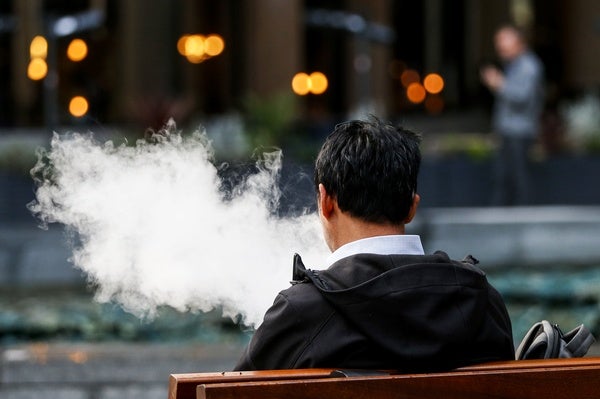 |
| |
| |
| |
| |
| |
| |
FROM THE STORE
 | | Becoming Human: Our Past, Present and Future We humans are a strange bunch. We have self-awareness and yet often act on impulses that remain hidden. How did we get here? What is to become of us? To these age-old questions, science has in recent years brought powerful tools and reams of data, and in this eBook, Becoming Human*, we look at what these data have to tell us about who we are.
* Editor's note: Special Edition was published as Evolution: What Makes Us Human? The eBook adaptation contains all of the articles, but some artwork has been removed to optimize viewing on tablet devices. |  | | |
| |
FROM THE ARCHIVE
 | | | |
| |
LATEST ISSUES
 |
| |
| Questions? Comments?  | |
| Download the Scientific American App |
| |
| |




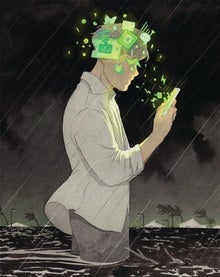



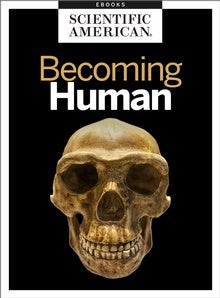


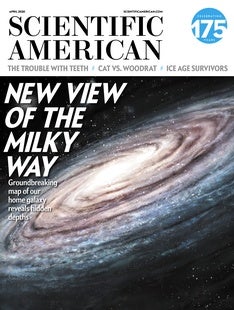

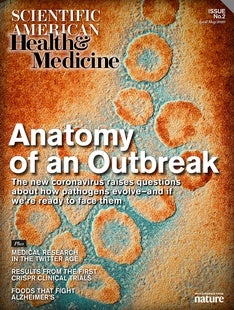
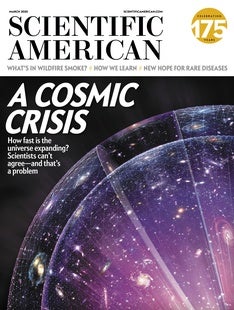
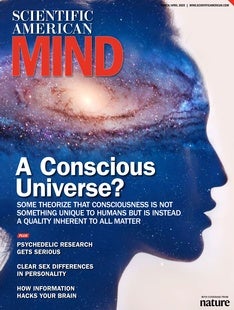



Comments
Post a Comment